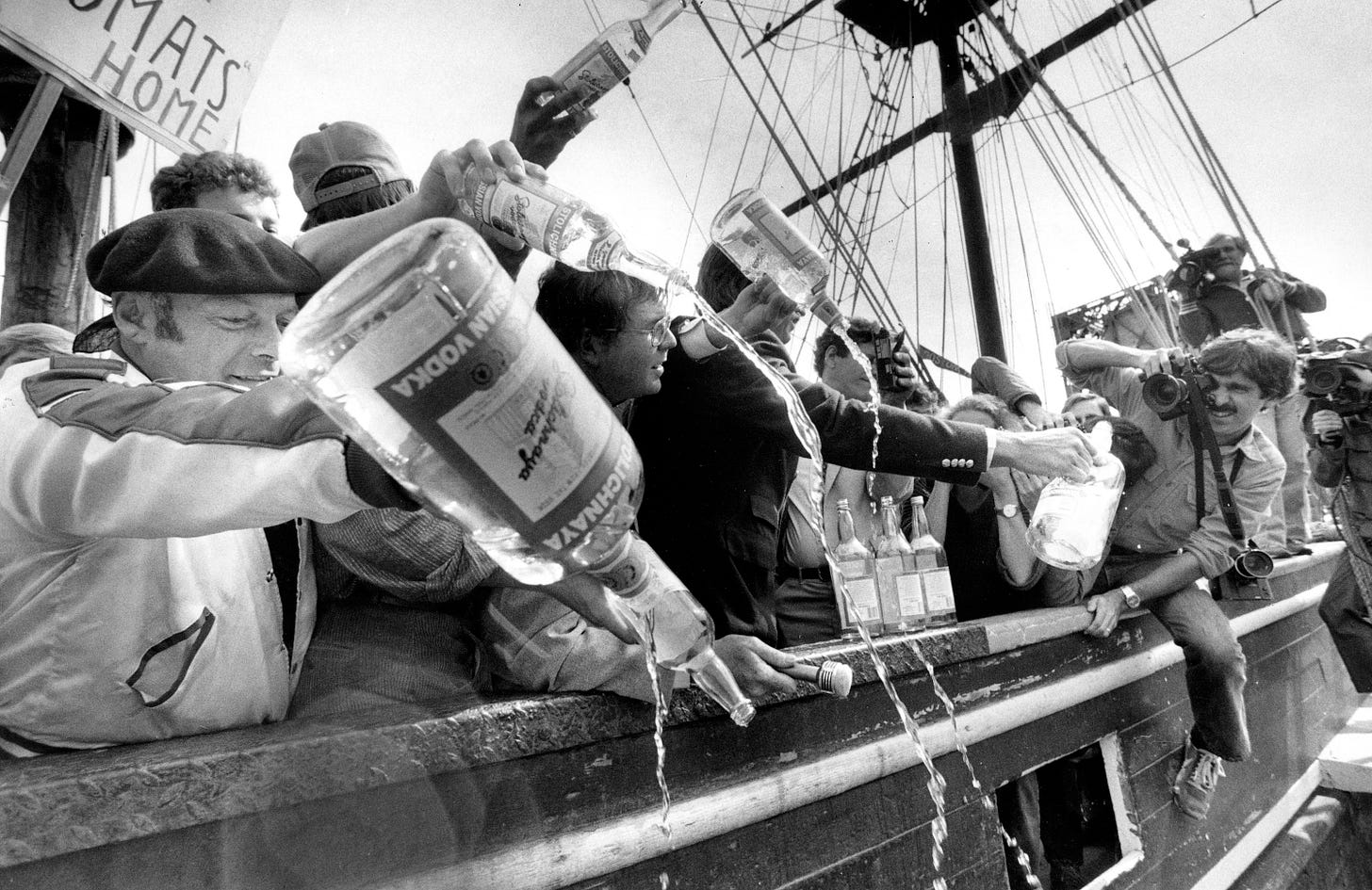
James C. Pfautz had what seemed to be the perfect résumé when I first called on him, in late 1985 at his home in suburban Washington. He had retired a month or so earlier from the Air Force as a two-star general after what was, by most standards, a successful career. He’d been captain of the swim team for West Point, from which he graduated in 1953, and had turned down an opportunity to serve on the American team in the Olympics in lieu of joining the Air Force and immediately beginning flight training.
He flew 188 combat missions in the Vietnam War, spent an obligatory year at the National War College, and in 1974 was selected by the Council on Foreign Relations to serve as a fellow in its New York office. His brilliance led him in 1983 to a dream assignment: as the two-star general in charge of Air Force intelligence in the Pentagon. His much desired next step would be a third star and an assignment as director of the Defense Intelligence Agency.
He was not an easy man. He wanted his staff to be the best intel staff in the Pentagon, and, as I would learn, he pushed his people hard. One of his military subordinates would later tell me, with some bitterness, about the Pfautz mantra: “If it’s in the air, it’s Jesus. If it’s on the ground or in the water, it’s a hippie with long hair.”
I knew nothing about him in 1985, when I began research for a book on the 1983 shootdown of Korean Air Lines Flight 007 by a Soviet combat pilot who had mistaken the commercial airliner for an American spy plane. There were no survivors among the 269 passengers and crew aboard. The issue for the US, and the world, was whether the Soviet pilot knew he was dealing not with an American espionage attempt but with a passenger plane that had strayed off its course en route from Anchorage to Seoul.
Keep reading with a 7-day free trial
Subscribe to Seymour Hersh to keep reading this post and get 7 days of free access to the full post archives.



